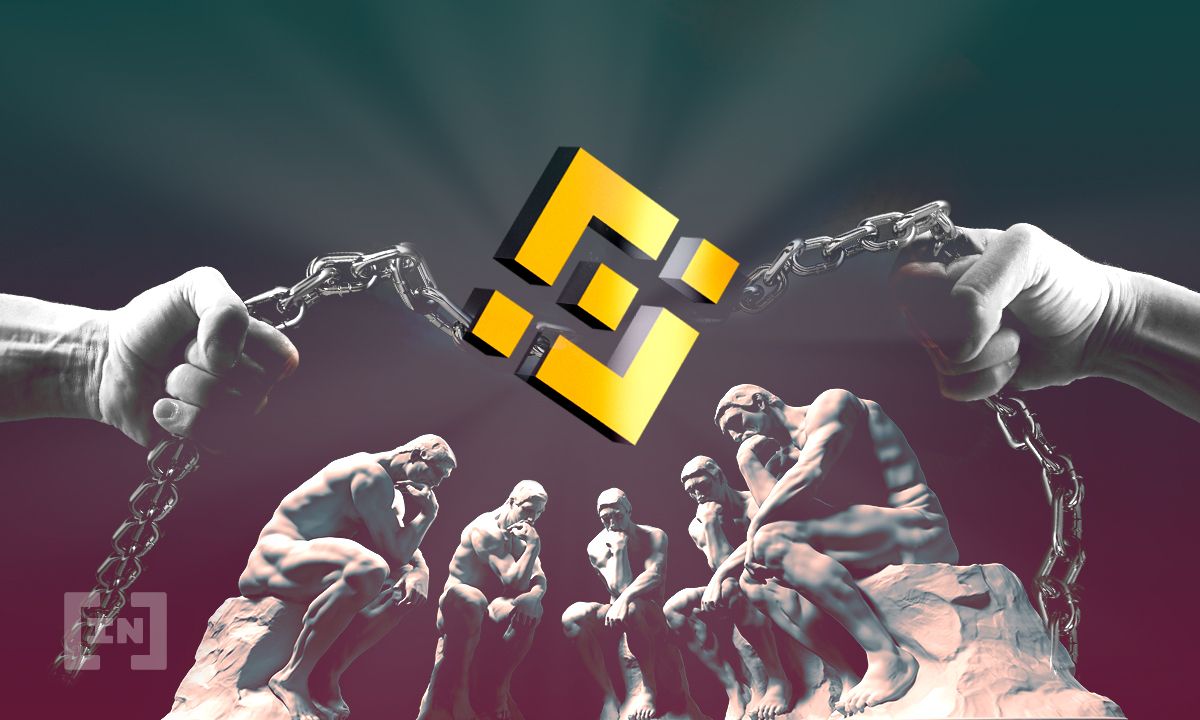Binance Holdings Ltd. could be establishing a cryptocurrency exchange in Indonesia in partnership with the country’s wealthiest family.
In addition to PT Bank Central Asia (BCA), controlled by the billionaire Hartono family, the world’s largest crypto exchange is in talks with state-owned PT Telkom Indonesia, according to Bloomberg sources.
The potential deal would be a boon for all parties involved. Binance would enhance its market position in the country’s emerging crypto space, where it has already invested in Tokocrypto, one of the country’s largest crypto exchanges.
Meanwhile, the venture would enable the Hartonos, some of the country’s most powerful businessmen, to enter into cryptocurrencies. In addition to the bank, the family also owns e-commerce businesses, a telecom services firm, and a major cigarette manufacturer. Sources said BCA’s partnership with Binance could be formed through another related entity.
Additionally, the deal would consummate Telkom Indonesia’s efforts to partner with top players, as it has been doing through its venture-capital arm MDI Ventures, said Ahmad Reza. The firm’s vice president of corporate communications and investor relations is relishing the opportunity to leverage the group’s connectivity capabilities to access the potential in crypto markets.
Crypto in Indonesia
The anticipated joint venture would likely contribute to growing adoption of cryptocurrencies in the Southeast Asian archipelago. Many among the world’s fourth-largest population lack bank accounts and access to other traditional forms of finance.
However, Indonesia is also home to the world’s largest population of Muslims, in which a recent decree may have some consequence. Last month, the country’s council of religious leaders, the National Ulema Council (MUI) deemed cryptocurrency as haram, or banned. The authority determined that as currency, crypto is forbidden because it retains elements of uncertainty, wagering and harm. Although MUI head of religious decrees Asrorun Niam Sholeh did acknowledge that crypto could be traded as a commodity if it abides by Shariah tenets and can show a clear benefit.
For its part, Indonesia’s government has been largely supportive of crypto assets. It refused to instate a ban on a market with transactions that amounted to 370 trillion rupiah ($26 billion) in the first five months of the year. Instead, it allowed for crypto assets to be traded alongside commodity futures as an investment. In keeping with religious authorities, the government does not allow for the use of crypto as currency.
What do you think about this subject? Write to us and tell us!
Disclaimer
In adherence to the Trust Project guidelines, BeInCrypto is committed to unbiased, transparent reporting. This news article aims to provide accurate, timely information. However, readers are advised to verify facts independently and consult with a professional before making any decisions based on this content. Please note that our Terms and Conditions, Privacy Policy, and Disclaimers have been updated.


